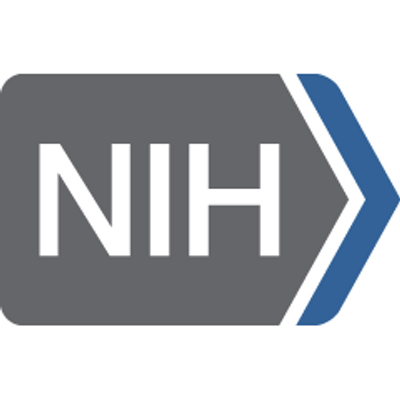
National Institutes of Health issued the following announcement on June 27.
As we age, our ability to adequately respond to summer heat can become a serious problem. Older people are at significant increased risk of heat-related illnesses, known collectively as hyperthermia, during the summer months. Hyperthermia can include heat stroke, heat edema (swelling in your ankles and feet when you get hot), heat syncope (sudden dizziness after exercising in the heat), heat cramps, and heat exhaustion.
Experts at the National Institute on Aging, part of the National Institutes of Health, say knowing which health-related factors may increase risk could save a life. Those factors include:
Older people, particularly those at special risk, should stay indoors on particularly hot and humid days, especially when there is an air pollution alert in effect. To stay cool, drink plenty of fluids and wear light-colored, loose-fitting clothes in natural fabrics. People without fans or air conditioners should keep their homes as cool as possible or go someplace cool. Senior centers, religious groups, and social service organizations in many communities provide cooling centers when the temperatures rise. Or visit public air conditioned places such as shopping malls, movie theaters, or libraries.
Heat stroke is a severe form of hyperthermia that occurs when the body is overwhelmed by heat and unable to control its temperature. Someone with a body temperature above 104 degrees Fahrenheit is likely suffering from heat stroke. Symptoms include fainting; a change in behavior (confusion, combativeness, staggering, possible delirium or coma); dry, flushed skin and a strong, rapid pulse; and lack of sweating. Seek immediate medical attention for a person with any of these symptoms, especially an older adult.
If you suspect that someone is suffering from a heat-related illness:
To learn more, go to Hot Weather Safety for Older Adults. Free publications on hot weather safety and other healthy aging topics in English and Spanish are available from the NIA website or by calling NIA’s toll-free number: 1-800-222-2225.
Original source can be found here.